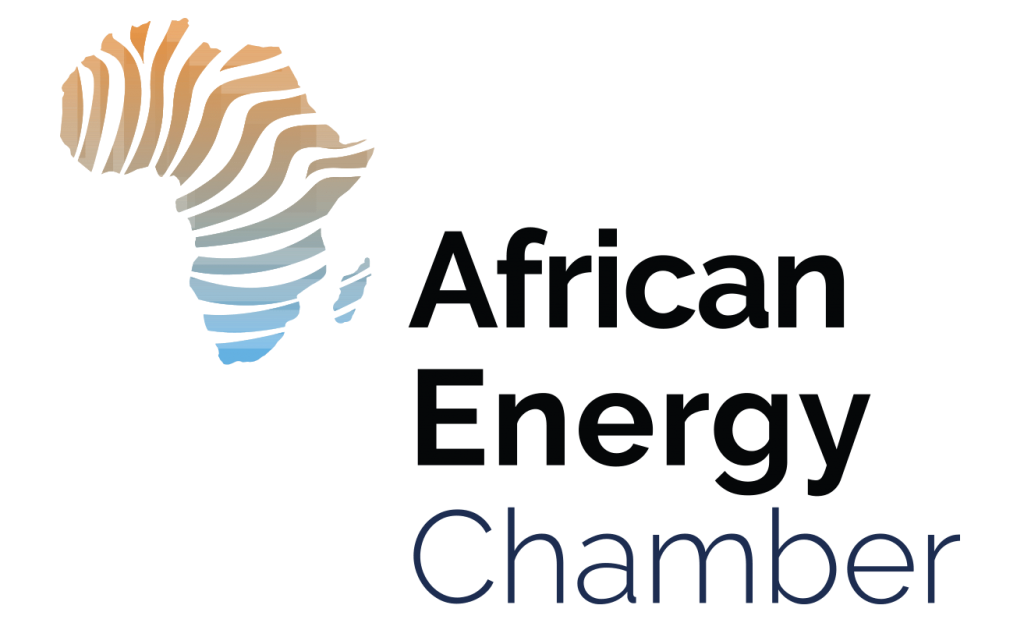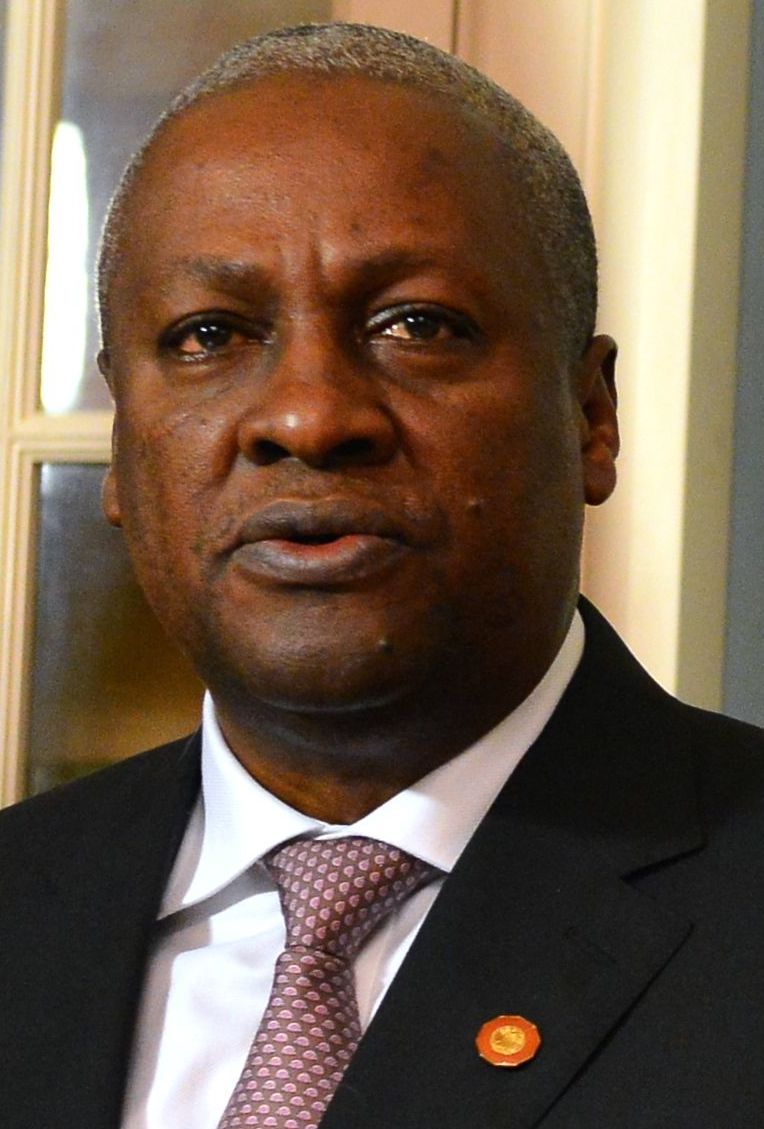Former Secretary,Avetime-Vane Citizens Association
First Edition published in the Evening News of July 4th 2001
Introduction
After a sharp contraction of 1.7% in 2023, Ghana’s industrial sector rebounded with a strong 7.1% growth in 2024, driven by mining, manufacturing, construction, and electricity.
The 2025 Budget has projected a modest 4.8% growth in 2025. The 2024 performance, compared with the projected growth for 2025 has been the subject of some debate among analysts, but no clear reasons have been offered to explain the low projections.
Even though there are various theories being propounded as explanations to Ghana’s generally slow down in industrial growth over the last three decades, not much has been achieved especially in the manufacturing sub-sector, beyond the flagship programmes promoted over the last ten years.
Personally, I think that what has been lacking for many years is the necessary political will to deal with some of the structural and attitudinal issues at stake.
However, on the other hand, because of the complex challenges facing the nation as a whole, I believe it takes more than just a change in government policy or political will to grapple with the problems and challenges of the industrial sector as a whole, and the manufacturing sub-sector in particular.
Reviewing Trade Liberalization
There is no doubt that the current structure of the economy of Ghana favors the importation of all kinds of products, and encourages the buying and selling of foreign goods in the country.
Trade liberalization policies over the decades have opened up the economy to more foreign imports of industrial goods and processed foods. Whiles this has to some extent challenged local industries to be more efficient and innovative, some of them cannot compete on the local market because of the relatively low import tariffs levied on the competing imported products.
The result is that local industries – both large and small are unable to expand and grow substantially. More and more people are therefore leaving agriculture and small-scale industrial production and going into the buying and selling business.
To help arrest this trend, ASSI, AGI, Ghana Employers Association, TUC and other stakeholders must work with government to review import duty levels on selected imports, and also review the trade liberalization policy in general.
Changing attitudes of society
On the other side of the coin Ghanaians must reassess their tastes for foreign goods and learn to appreciate Ghana-made products. Questions are always been raised about the quality of some Ghanaian products. But many forget that barely sixty years ago the Japanese were associated with poor quality goods.
Where is our national pride? The “Adjoa Yankey” tag that was placed on Ghana-made batik especially in the late 1980s was not an issue of the quality of the batik, but of the mentality that low-priced and affordable locally produced cloth is of low value. Now more than ever before, the slogan – “Buy made in Ghana goods!” must become one of the cornerstones of the country’s industrialization strategy.
Encouraging positive business ethics
Another attitudinal problem facing our industrial development is the individualism and one-man-business culture among most Ghanaian entrepreneurs. This negative business attitude does not help promote the sustainability of enterprises. It is a well-known fact that many Ghanaian enterprises flourish and die off with the life-cycle of the founder.
To arrest this problem, schools, polytechnics and universities for the learning of business, science and technology, must improve their curricula with the learning of ethics and social values that promote and encourage team-ups among entrepreneurs and within enterprises in order to enhance productivity and sustainability.
Promoting Entrepreneurial Success stories
The government and the industrial sector must also team-up to promote the success stories of local entrepreneurs in industry to serve as examples for others. Small and medium scale entrepreneurs who have excelled in their various fields and who have a willing-to-share attitude, should be directly supported with funds to enable them expand and develop better technologies and systems of production.
Any such entrepreneur that has been supported will then be required to offer training services for other entrepreneurs in a similar venture, thus enhancing total productivity in that industry. This strategy will also spare the government of any obligation to spread limited funds thinly and inefficiently over too many industries of similar orientation.
Formulating A Strategic Industrial Policy Focus
One of the tendencies of export promotion in Ghana is the unrestricted manner in which a wide range of products is exported as “Ghanaian Products”. In many instances however similar products are exported with different levels of quality, with inconsistent measurements, with different prices and/or with unclear labeling, etc.
The result is that products that are of good quality are “contaminated” with those that have poor quality. Foreign markets are unable to keep track of the quality and price differentials of the same products supposedly coming from the same country.
This situation eventually erodes confidence in potential foreign markets. One solution to this problem therefore is to support a new generation of entrepreneurs to become more professional in business and encourage them to network among themselves and so ensure mutual compliance to product standards, especially for the export market.
Pursuing Comparative Advantages
Another issue within this context is Ghana’s lack of focus on goods and products for which Ghana has comparative advantages. The point must be emphasized that government must pursue a policy of strategic prioritization of selected processed and semi-processed products for which Ghana has comparative advantages.
This will enable a more focused, specialized and stable position in the global economy and also shape Ghana’s industrial image abroad. This strategic focusing should therefore not be confused with the negative effects of focusing on cocoa, timber and gold. (This is because we hardly add value to these primary export products).
If we support these strategic products we will get to that point where Ghanaian manufacturers and exporters can oblige foreign markets to scramble for our unique and quality products no matter the price.
Achieving Self-sufficiency
The increased globalization of the world economy implies that national economies and industries that rely heavily on foreign markets will be prone to the vicissitudes of those markets.
On this score it is almost impossible for governments to undertake any successful interventionist program in the short term. However one important strategy is for developing countries to ensure self-sufficiency in their basic food and material needs. Food self-sufficiency is not only necessary for basic human survival and for ensuring savings on scarce foreign exchange, but also, if properly directed it will produce surpluses for food processing and manufacturing industries.
Conclusion
The main conclusion from the above discussion is that developing countries like Ghana must take time to assess and optimally utilize their internal human and natural resources as a basis for launching into the global market. This strategy, which has gained currency within development circles is known as “glocalization” – a fusion between global demands and local resource endowments.
If we as a people do not find our own internally generated ways of getting past international trade barriers, no amount of globalization will change our socio-economic conditions. For indeed, the structural relationship we currently have with our trading partners is one of the major causes of our poverty and indebtedness.






Leave a Reply